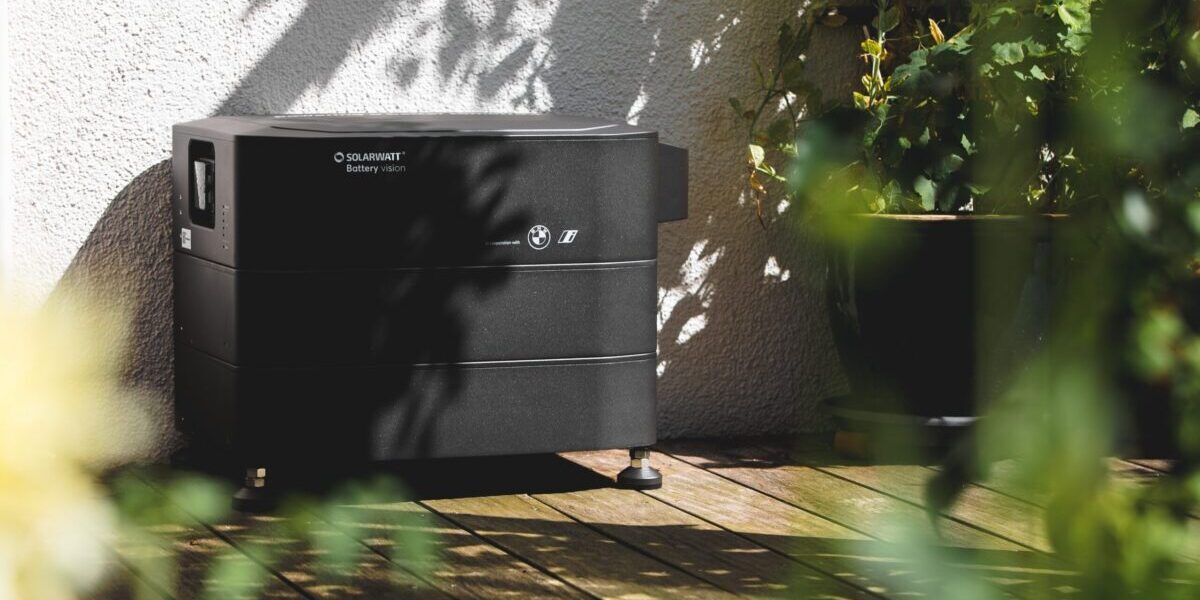Conflict with Canada has been one of the surprises under the administration of U.S. President Donald Trump. The recent public spats with Prime Minister Justin Trudeau are window dressing for a trade war that has featured conflicts over milk, lumber and even maple syrup. This includes being caught in the web of the Trump Administration’s multiple global trade actions, with tariffs on steel, aluminum and, of course, solar cells and modules.
The solar tariffs have been repeatedly challenged, including a court case filed by three Canadian PV module makers only days after the tariffs took effect. However, the attempts by Canadian Solar, Heliene and Silfab so far appear to be making little headway.
On March 5, the Court of International Trade (CIT) threw out a request for a preliminary injunction by the three companies, finding that even if they could prove harm, they were unlikely to succeed in the final court case. The companies appealed, but this appears to have done them little good, as on June 15 the Court of Appeals for the Federal District upheld CIT’s decision.
The Court noted that a preliminary injunction is “an extraordinary remedy”, and that the companies involved fail to meet the burden of proof that would qualify them for one. The Court of Appeals specifically found that these companies have little likelihood of challenging the president’s authority in the Section 201 process, which is rather broad.
As such, these companies will have to go through the normal process, which means that even if they get a ruling in their favor, it will take some time and their modules will be subject to tariffs in the interim.
None of these companies have particularly large module assembly in Canada, but for Canadian Solar it weakens one of the avenues that it previously used to avoid heavy anti-dumping and anti-subsidy duties on imported Chinese products.
Silfab has recently secured a significant module deal with PetersenDean, and has stated that it is considering U.S. manufacturing. However the company has not replied to pv magazine’s request for additional details.
This content is protected by copyright and may not be reused. If you want to cooperate with us and would like to reuse some of our content, please contact: editors@pv-magazine.com.



By submitting this form you agree to pv magazine using your data for the purposes of publishing your comment.
Your personal data will only be disclosed or otherwise transmitted to third parties for the purposes of spam filtering or if this is necessary for technical maintenance of the website. Any other transfer to third parties will not take place unless this is justified on the basis of applicable data protection regulations or if pv magazine is legally obliged to do so.
You may revoke this consent at any time with effect for the future, in which case your personal data will be deleted immediately. Otherwise, your data will be deleted if pv magazine has processed your request or the purpose of data storage is fulfilled.
Further information on data privacy can be found in our Data Protection Policy.